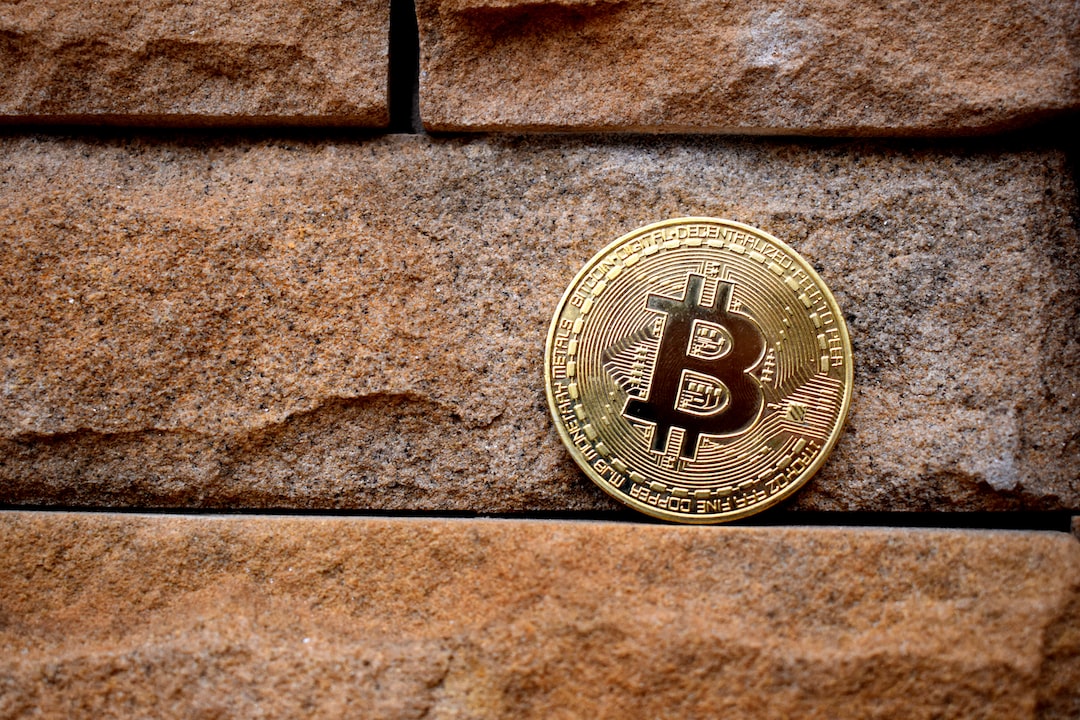The EU Strengthens Anti-Money Laundering Measures for Cryptocurrency Firms
The European Council and Parliament have reached an agreement on stricter regulations for cryptocurrency firms to combat money laundering. These rules, announced on Thursday, aim to ensure that cryptocurrencies are not used for illegal activities.
Tighter Customer Checks and Focus on Self-Hosted Wallets
Under the new rules, crypto firms will be required to conduct more thorough customer checks, especially for transactions exceeding €1,000 or $1,090. The regulations also place a special emphasis on self-hosted wallets managed by users themselves.
Approval Process and Application of the Rules
While the agreement is not yet final, it must be approved by the European Parliament before it can be officially adopted by the Council and Parliament. Once approved, the rules will be published and enforced.
Inclusion of Crypto Sector in Money Laundering Guidelines
The European Banking Authority has expanded its guidelines on money laundering and terrorist financing risk factors to include the cryptocurrency sector. This demonstrates the EU’s commitment to combating financial crimes.
EU’s Fight Against Money Laundering
Belgium’s Finance Minister, Vincent Van Peteghem, stated that these new regulations are part of the EU’s broader plan to prevent criminals and terrorists from using the financial system to hide illicit funds. The EU has been proactive in clarifying rules surrounding cryptocurrencies with the introduction of the Markets in Crypto Assets (MiCA) regulation last year.
Hot Take: Stricter Regulations Aimed at Safeguarding Financial Integrity
The European Union’s move to enforce stricter regulations for cryptocurrency firms reflects its commitment to protecting the integrity of the financial system. By imposing tighter customer checks and focusing on self-hosted wallets, the EU aims to prevent money laundering and terrorist financing activities facilitated through cryptocurrencies. These measures align with the EU’s broader efforts to combat financial crimes and ensure transparency in the digital asset space. As the regulations undergo the approval process, the cryptocurrency industry should prepare for enhanced compliance requirements that promote a safer and more secure ecosystem.





 By
By
 By
By

 By
By
 By
By